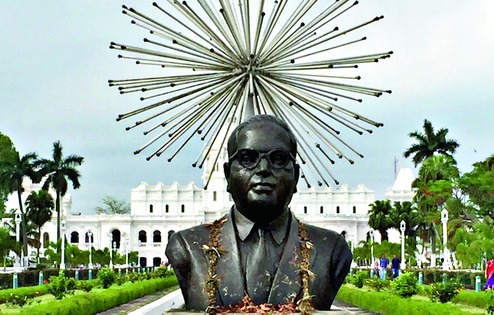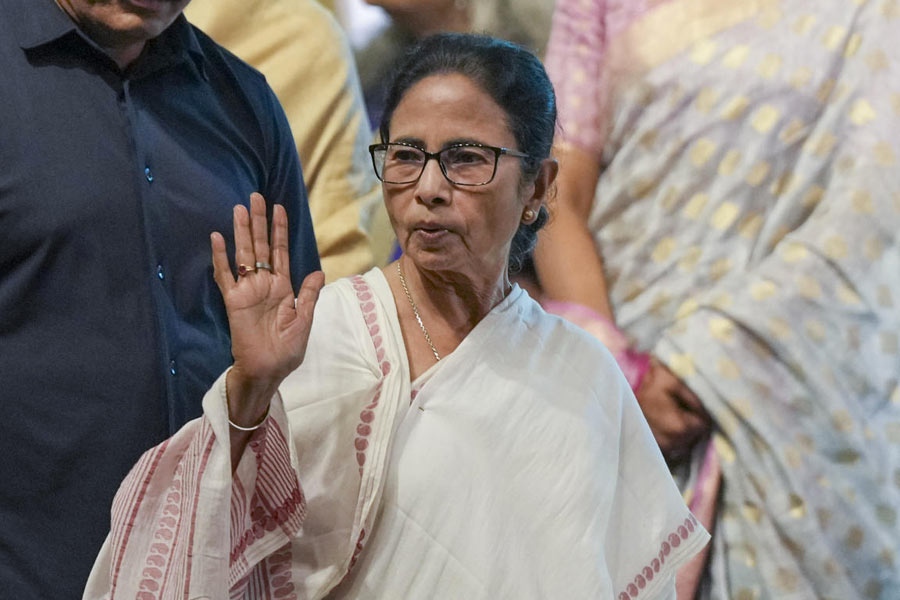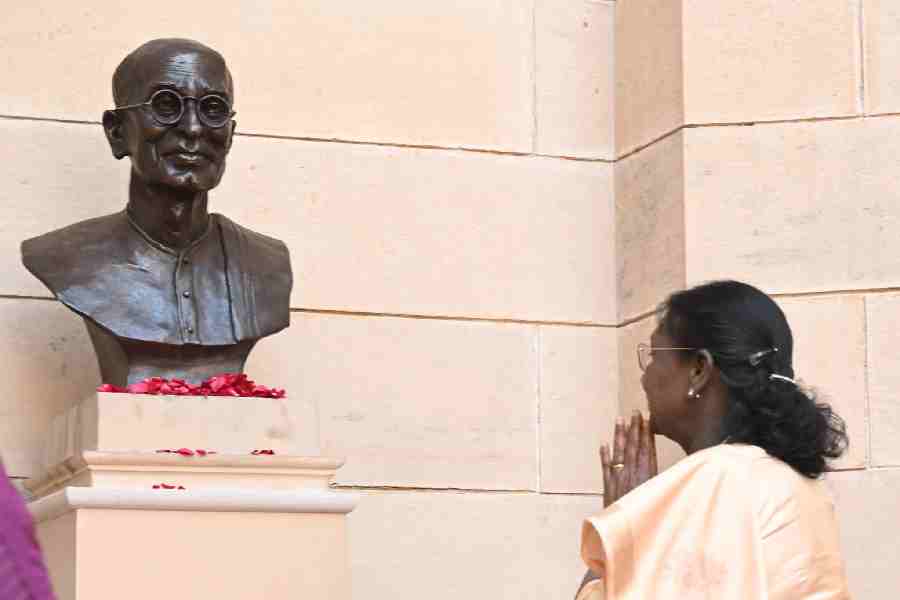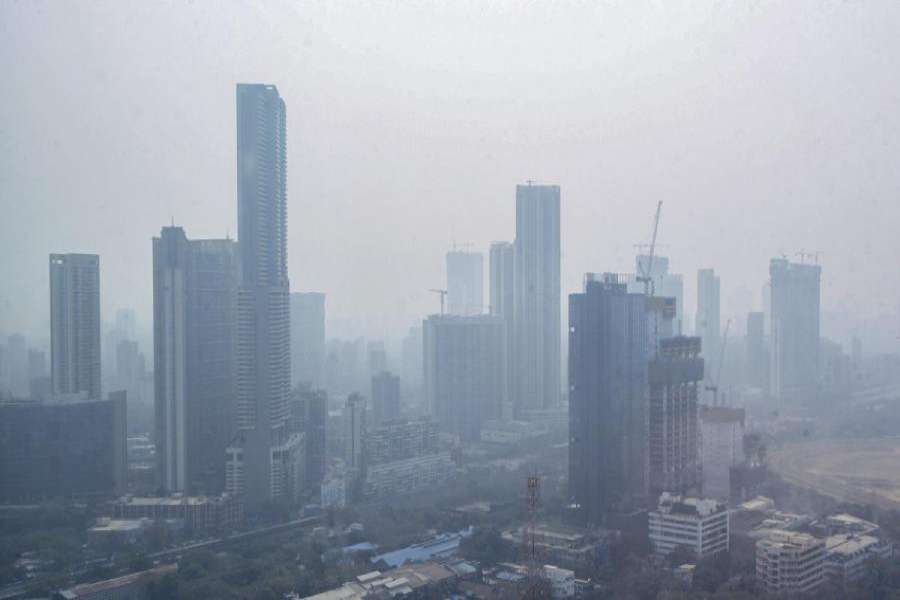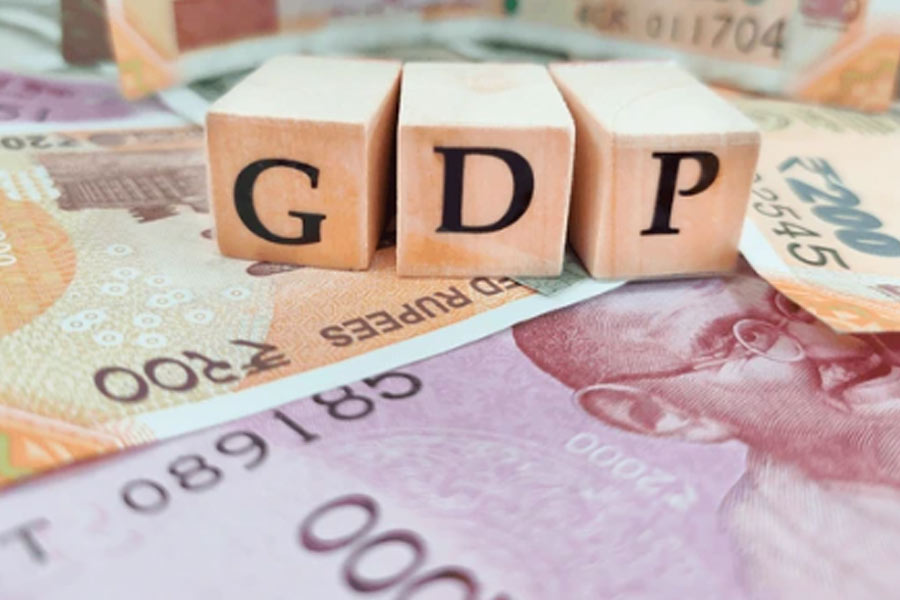
Asean Summit, November 13, 2014, Nay Pyi Taw, Myanmar
With the nation's attention focused on the controversial land acquisition bill, it is hardly being noticed that all round, the ground is being cut, in diplomatic terms, from under the feet of the prime minister, Narendra Modi. His macho foreign policy of the initial months after taking office is giving way to a grim realization that the realities of the world, after all, are very different from what he would like them to be.
When Modi raised the issue of the maritime dispute in the South China Sea both at the summit between India and the Association of Southeast Asian Nations and at the East Asia Summit in Nay Pyi Taw in Myanmar in November, he had obviously been briefed that the dispute was going to blow up - or, at least, that the issue was going to figure in a big way at both the summits. Here is what he said on November 12: 'There is wave of change in the world. New realities are emerging in the changed world. Globalization is a fact of life... therefore, maritime security has become even more important. We all have the responsibility that we all follow international law and norms on maritime issues, as we do in the realm of air passage. In future, we will also need this in space. For peace and stability in South China Sea, everyone should follow international norms and law.'
The following day he repeated those views in slightly more robust terms: 'In a world of inter-dependence and globalization, there is no option but to follow international laws and norms. This also applies to maritime security. For this reason, following international law and norms is important for peace and stability in South China Sea as well. This also includes the 1982 United Nations Convention on Law of the Sea, which should be the basis for resolving disputes peacefully. We also hope that the efforts to conclude a Code of Conduct on South China Sea by a process of consensus would be successful soon.'
To those of his aides who advised Modi to wade into the choppy waters of the South China Sea, it may have appeared then that the quarrel between China on the one hand and the States surrounding those waters would become the issue in the coming months. If that, indeed, was the case, it reflects poor scholarship in the prime minister's foreign policy circle and a lack of understanding of the 'East Asian' way. Statements in Washington certainly seemed to encourage that view. But the Americans are notoriously fickle on such matters, even more so under Barack Obama's leadership, and Modi did not clearly grasp this. However, even if that had been the case and the assessment that his aides made was correct, was it necessary for India to get into the South China Sea dispute other than to demonstrate that the new government in New Delhi was more macho in its external affairs than its predecessor, the United Progressive Alliance led by Manmohan Singh?
As it turned out, India and the Philippines were the only two countries to have made the South China Sea an issue at Nay Pyi Taw. Other heads of State and government who travelled to Myanmar on that occasion opted for discretion. If any example were needed to illustrate the adage that 'devils rush in where angels fear to tread', it was Modi's references to the dispute between China and its maritime neighbours - and the United States of America, of course - in Nay Pyi Taw.
Much water has flown along the shores of the South China Sea since November. So, why bring this up now? Because while Modi's speech sticks out as an oddity and continues to be fervently discussed in diplomatic circles in New Delhi, several of the main actors in the dispute he brought up are trying to kiss and make up. Last week, a meeting among the foreign ministers of China, South Korea and Japan held in Seoul resulted in a decision that a summit meeting of the three countries would be held soon. Such a trilateral summit mechanism had existed before but it has not been put to use for close to three years as disputes simmered among the three States and at times spilled over, exacerbating regional tension and bringing in outside powers.
The foreign ministers' meeting in Seoul was also the first in that format in almost three years. It did not specifically discuss the South China Sea, but there was an attempt to paper over their trilateral territorial disputes and conflicting versions of history. Japan and South Korea, like India, are not direct parties to the disputes in the South China Sea, which primarily concern China, Indonesia, Malaysia, the Philippines, Singapore and Vietnam. But the three countries that met in Seoul have the power, because of their size and economic clout, to decisively influence the resolution of maritime disputes - or, at least, to defuse them. India lacks any such influence, so why poke its nose in the matter?
What the Modi government's involvement in the issue demonstrates is that the proactive foreign policy of the National Democratic Alliance government cannot be proactive at all because it lacks the foresight to see what is coming. So far, at least, by its record. As a result, the NDA government is now forced on the back foot and has to reverse to being reactive to developments set by other players. Before Modi gratuitously waded into the South China Sea dispute in Nay Pyi Taw, making remarks that were curiously similar on a visit to Japan, there was some speculation about the prime minister's target, since he did not name any country. The broad consensus was that he had China in mind. But those who recalled his engagement with China as chief minister of Gujarat ventured to suggest that, no, he really had in mind Japan and its wartime record seven decades ago and was being realistic. But it is immaterial now whom he had in mind. With Japan and China sitting down - along with South Korea - it will be interesting to watch future pronouncements by South Block on the subject. Modi will have an opportunity for course correction during his forthcoming travel to Seoul, but that also requires a willingness to admit that foreign policy mistakes have been made in the flush of newly coming into office.
The statement of the Chinese foreign minister, Wang Yi, after last week's Seoul meeting is noteworthy. In a reference to problems left over by World War II, Wang said that 'the war has been over for 70 years, but the problem with history remains a present issue, not an issue of the past. We should not turn it into a future tense.' This has an unmistakable similarity to the problems left over by history in the subcontinent. In the biggest subcontinental dispute between India and Pakistan, the Modi government has painted itself into a corner, again because of what it wanted to project as a muscular policy towards Pakistan. Having called off the foreign-secretary-level talks with Islamabad earlier over Pakistan's diplomatic engagement with Kashmiri separatists, Islamabad's man in New Delhi, Abdul Basit, is truly rubbing it in at every opportunity. All of Chanakyapuri, the national capital's diplomatic enclave, was aghast when Basit met the Hurriyat leader, Syed Ali Shah Geelani, to brief him on the recent visit to Islamabad of the foreign secretary, Jaishankar. It is preposterous to think that a Pakistani diplomat could brief Indian nationals on the Indian foreign secretary's visit to Islamabad, but the Modi government can only watch in abject helplessness, having overplayed its hand earlier.
This is yet another case of the devil rushing in where angels fear to tread. When decisions are taken without much thought about the consequences, and merely to pander to the NDA's main political base, backtracking without loss of face is sometimes not possible. On several foreign policy fronts, that is the dilemma now facing the prime minister.
telegraph_dc@yahoo.com

